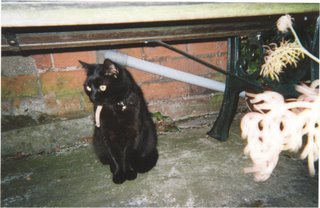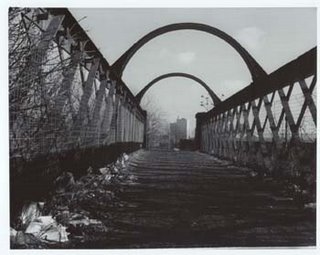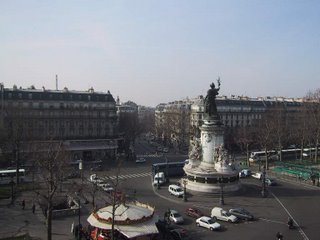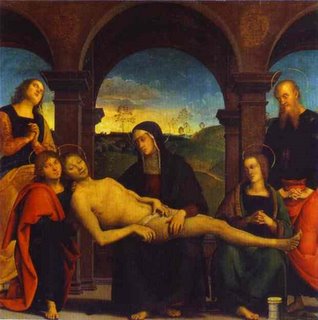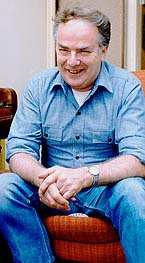
Peter Barry has written an account of the six-year battle at the (British) National Poetry Society during the 1970s: the takeover of the Poetry Society by radicals, the backlash by assorted Disgusteds of Tunbridge Wells, the unseating of Eric Mottram as editor of Poetry Review, and the long concussion of reaction that followed. Before returning to the subject in a later post, I can’t help proffering the following extracts.
The doughty Kathleen Raine on reading at the Mottramite Po Soc:
I went to read poems in the company of Robert Gittings. I was frankly disgusted at the dirty state of the premises (a beautiful house and formerly well cared for), and by the nameless boors who hung around the bar until they deigned to come upstairs (late) bringing their beer with them. One vomited over the floor during Mr Gittings’ reading. I left as soon as possible, courteously escorted to a cab by Mr Cotterell.
An anonymous Po Soc staff member on domestic anarchy:
The lack of hygiene in the kitchen is disgusting. The housekeeper does her best to keep it open, but it is an impossible task for her. On Monday mornings the kitchen is full of unwashed beer glasses. The counters by the sink are used to store pages of Poetry Review and other publications. Beer crates and empty cans are left in the middle of the floor. On occasions I have gone to use a dishcloth and found it has been used to mop up printing liquid, and coloured inks are left in the sink. Frying pans are left for about a week at a time with fat in them (after having been used to fry sausages and onions – sometimes for use in the bar). Broken glass is regularly left lying about. Dirty crockery is left piled up in the sink.
And, most irresistibly of all, the following entry in an ‘Alphabetical Who’s Who’:
Bernard Brooke-Partridge
GLC Tory Counsellor well-known for his outspoken cultural conservatism, most notably a ‘classical rant’ against the Sex Pistols; he had said on TV in August 1977 that ‘The Sex Pistols would be vastly improved by sudden death, they are the antithesis of human kind’, etc. Later in 1977 (Daily Telegraph, 28 October 1977) he was again in the news, seeking to explain why the supplier of ‘more than 4,000 canes for use in ILEA-controlled schools’ was a Leeds firm which supplied identical items to the porn trade.
(Peter Barry, Poetry Wars: British Poetry of the 1970s and the Battle of Earls Court, Salt Publishing)
